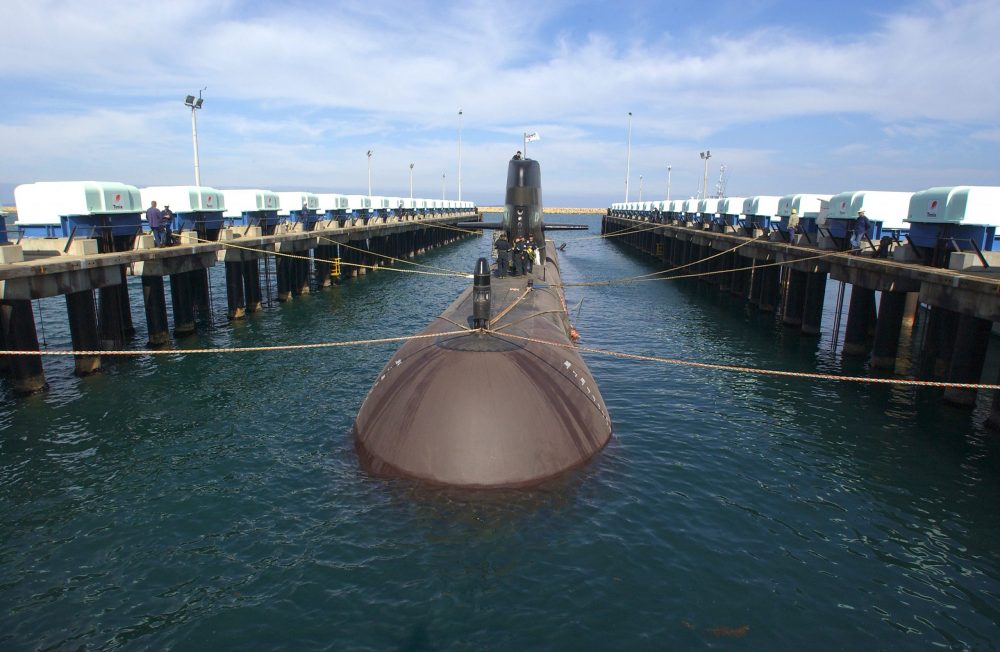The story of us signing a contract for diesel subs from France is one of argy-bargy politics. Frankly I would have thought that going nuclear would have been something that you would take to an election. I'm agnostic about the whole thing I guess. Part of me thinks that it opens the door baseload nuclear power generation. Hopefully they exhaust all renewable / hydrogen opportunities first as I understand it the cost /kw is very expensive.
As Australia’s defence minister does her quarterly meetings with the French to push, pummel and pull at the future submarine project, Linda Reynolds is entitled to reflect, ‘How in heavens did we get here?’ Creating ...

www.aspistrategist.org.au
After presiding over the final death of the Australian car industry, Abbott quietly inched towards sinking the Oz submarine industry, running an ‘internal process’ to choose the builder of the new submarine.
Japan was entitled to think the deal was done. That changed when Abbott suffered an extraordinary caucus revolt in February 2015. A motion to ‘spill’ the leader got 39 ‘yes’ votes versus 61 to keep Abbott: about 40% of the caucus voted for an empty chair rather than the prime minister.
Scrambling for votes to avert the spill, Abbott agreed to South Australian Liberals’ demands for an open tender for the submarine contract. The concession fed into the fundamental fight to have future subs built at
Adelaide’s Osborne shipyard, birthplace of the six Collins-class subs.
The open tender became a contest between Japan, France and Germany.
By September 2015, the caucus completed the job of beheading
Abbott. Building subs in Japan went with him. Tokyo, though, believed it was still in the game.
In the cabinet reshuffle after Abbott’s fall, Adelaide MP Christopher Pyne became minister for industry, innovation and science. He
writes of a Canberra meeting with Mitsubishi executives and the Japanese ambassador:
We had a wide-ranging and candid discussion about the submarine project, defence and the historical relationship between Australia and the three nations who were bidding—France, Germany and Japan. My suspicion that the Japanese believed they were likely to win was confirmed when I was told informally that only after this meeting did the Japanese bidders believe they might not win.
As the tender process concluded, Turnbull worried that Abbott had encouraged Abe to believe the decision would be ‘political’ and Japan would get the nod. Adelaide politics trumped Tokyo.
Calling Abe in April 2016 to tell him that France had won, Turnbull said the Japanese leader ‘felt, with some justification, that they’d been let down … The political way in which the tender arose always had the potential to create awkward misunderstandings in Japan.’
Politics is like that. And aligning Oz defence needs with industry policy makes for difficult politics with a mega price tag.


 www.stueysstoreco.com
www.stueysstoreco.com
